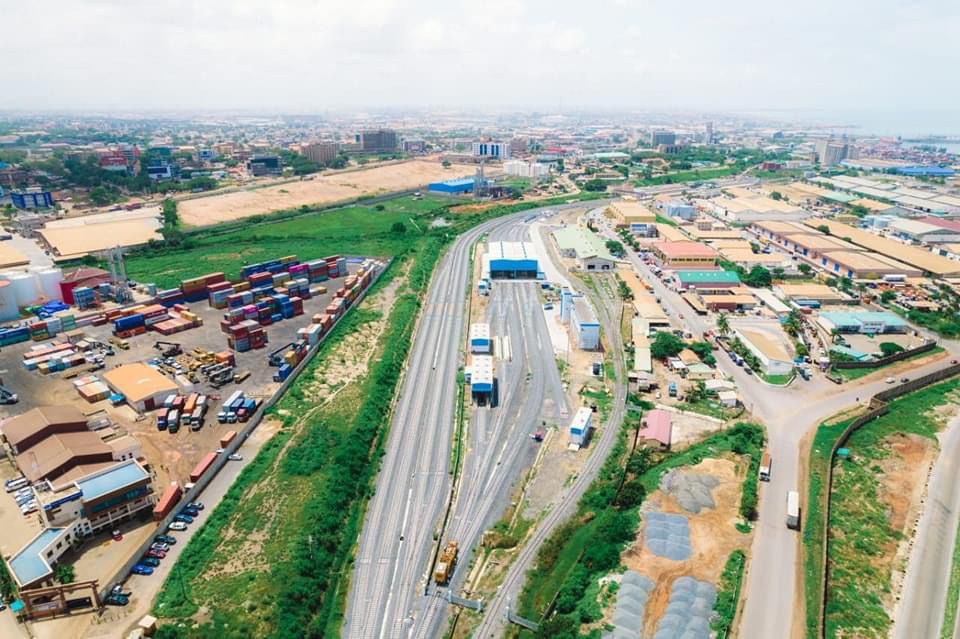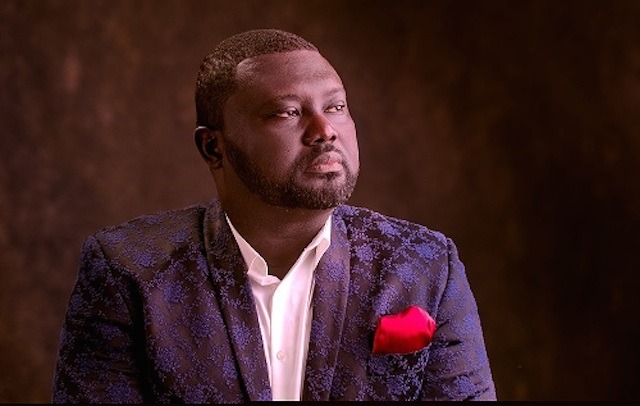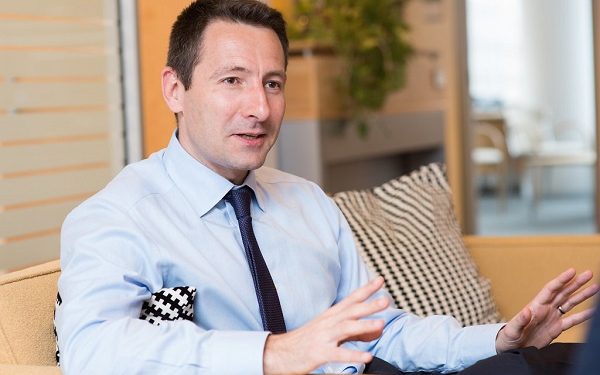
Is the Ghana Football Association's Club Licensing Board doing enough?

The time is 21:05 on Thursday night.
Ghana's President, Nana Akufo-Addo, has just delivered a fire filled speech as he attempts to bring clarity to the government's true intentions in a military pact with the United States and also, an end to the prolonged haggling of the matter in the media circles by both sides of the political divide.
Unsurprisingly, his soundbites, such as "politicians who run with the hares and hunt with the hounds” were the subject of discussion across various social media platforms.
However in one WhatsApp group chat, the political talk had petered out; the focus had shifted to Sekondi Hasaacas, a local football club, the regional sports development office and a bereaved family.
Reason?
The regional sports development office - managers of the Sekondi Sports Stadium - had told Hasmal they will not be granted access to the facility as it would not be available on the said date because someone else had booked the place long ago. Deal signed, payments made with receipts and other documentation to back it in case of any dispute.
On the face of it, not much has gone wrong here, at least not on the part of the stadium managers or their new clients. However, for Hasmal and the Ghana Football Association, a lot questions had to be answered.
What now becomes of Hasmal's agreement with the National Sports Authority through its regional development office? How could it be set aside so easily? And if it is that easy to set aside, how does such an agreement become the basis for securing license for use of the venue as home grounds for their league matches?
Situations like these – and a similar incident happened last week at Berekum where Chelsea's league match with Elmina Sharks had to be postponed because the church of Pentecost had booked and paid for the use of the Berekum Golden City Park for their annual Easter Convention - brings into sharp focus, the conditions under which clubs secure licenses for venues.
What do the clauses in the club licensing regulations say about license applications and the conditions under which stadiums shall be licensed?
The following text was taken from Article 7, section 4 of the Club Licensing Regulations
STADIUM – AVAILABILITY
The licence applicant must have a stadium available to host club competitions.
Alternative 1: The licence applicant legally owns the stadium.
Alternative 2: The licence applicant may provide a written contract with the owner
of a stadium or with owners of different stadiums it will use within
the territory of the member association. This contract guarantees
the use of the stadium for home matches in the coming season for
which the club qualifies in sporting terms.
Permit me to expand this a bit.
In practical terms, before any club gets their venue licensed, they need; documents that are proof of a written agreement with the owners of said facility, that is in instances where clubs do not own the facility they would be applying for. Then copies of a written contract stating clearly the period within which the said club will have access to the facility.
To be fair to the clubs and the club licensing board, these processes were observed at least by some. So why are we still having such problems?
Elsewhere in the world, the licensing body demands more from the license applicants – who in this case would be the club’s applying directly or through their legal representatives. Applicants are required to guarantee exclusive access to the facility for the intended purpose on match days throughout the season.
Before a club can guarantee same, the club must have had a written agreement with the owners and or managers of the facility in situations where they don't own that facility to present to the licensing body as proof of permission to have access to the facility on the said match days.
For the avoidance of doubt, there has to be a document from the owner/manager of the facility confirming same and proof of payments for the use of the facility.
Where the payments terms are flexible, the mode of payment and the tranches over which payments are to be made would be clearly spelt out. This is especially key in jurisdictions where clubs share facilities with other users for the same purposes and for this, the arrangement between the Milan City council – owners of the famous Estadio Giuseppe Meazza – and Italian giants A.C Milan and Internazionale Milan readily comes to mind.
It goes without saying that this phenomenon is rather common in Ghana. Berekum Chelsea share the Golden City Park with lower tier side Berekum Arsenals. The Accra Sports Stadium when available, is the home venue for Accra Great Olympics and Hearts of Oak.
The Baba Yara Sports Stadium is home to lower tier sides King Faisal and Asokwa Deportivo as well as Premier League giants Asante Kotoko. Inter Allies and Tema Youth, both Premier League sides, share the Tema Sports Stadium. With this phenomenon in mind, demanding the guarantee of exclusive access to facilities on match days should be a key component of the licensing body's conditions for allowing a venue to be used.
Sadly though, Ghana FA's Club Licensing Board does not push for such, it would appear. The effect of this is that at any point in the season when an individual or group have need for any of these facilities, the league games will have to be postponed because in the first place, most of these club’s do not have a binding contract with the facility owners over the use of same.
“Let me be honest with you, no football match will be allowed at the Baba Yara stadium henceforth because we don’t make enough money from the matches to maintain the facility and so henceforth the stadium will be given out on Saturdays for only funerals and other social activities.” Words of Joseph Mensah, Ashanti Regional Director of the National Sports Authority, managers of the said facility.
This decision could only have been made in situation where clubs paid for use of the facility as and when they used it and not for a season. So where the National Sports Authority has a client willing to pay more, they would force a postponement of the football match without hesitation. A no brainer really.
But should this be happening? Why is the Ghana Football Association's licensing board not being strict enough – because it could if it wanted to.
Article 2.2.8.3
The member association is free to increase the minimum requirements or to
upgrade the criteria established in the confederation club licensing regulations
for the purposes of entering confederation and/or national club competitions.
The member association may also introduce additional criteria not included in
the confederation club licensing regulations. Where introduced by the member
association in their national licensing regulations, any increased minimum
requirements, upgraded or additional criteria will apply mutatis mutandis to entry
to confederation club competitions.
Quite clear the Club Licensing Board could do so. So why the inertia towards this? There are many who have argued that it is unwilling/unable to because of the financial capacity of clubs. Sympathy towards a Ghanaian club. Quite a thing eh? With all these reports of clubs struggling to pay player salaries etc., why would anyone doubt that?
Our clubs have difficulty finding money to meet their contractual obligations to players etc. True.
But also true is the fact that these same clubs, spend thousands of cedis on things they should otherwise not be spending on. If you are closer to the game, you will know reports of Ghanaian club’s paying outrageous suns to referees ostensibly to officiate games in their favour, while their players starve, are not just hearsay.
There is not a single club in Ghana with any integrity in this regard. When you hear of budgets set aside for club “operations”, more often than not, it is about the unspeakable. It is about the above stated and other expenses as “juju”.
Superstition has been woven into the very fabric of our society, leaving its mark on almost every aspect of our culture and football is no exception. Make no mistake I respect that and I believe it is within the rights of the club’s to determine what they spend their money on.
However, we cannot know all this and still pretend the club’s do not cannot afford to pay for better terms of engagement with sports facility owners or managers.
If there was an end in sight to this, I would be the first to agree to the current requirements while the Club Licensing Board works with clubs towards a stronger financial position that would allow them to meet requirements in the future. But unfortunately, there is no workable plan in place that would force club’s to be in a stronger financial position and if you look at other requirements of the licensing board such as a business plan and or a marketing strategy, you will be sad.
Clubs are getting a free pass while presenting documents that would not pass any proper scrutiny. Why then would a team of accomplished men watch over this? Negligence? I think not. Conflict of interest? Maybe, maybe not.
Whatever it is, Alhaji Lepowuara M.N.D Jawula, Ashford Tetteh Oku, Owoahene Acheampong and the rest of the Ghana Football Association's team at the Licensing Board should know that with every license related issue that rocks our game, their reputation takes a battering and sooner rather than later, the rest of the footballing community will start looking more closely at their work and when they do, there will not be much of that left.
---






